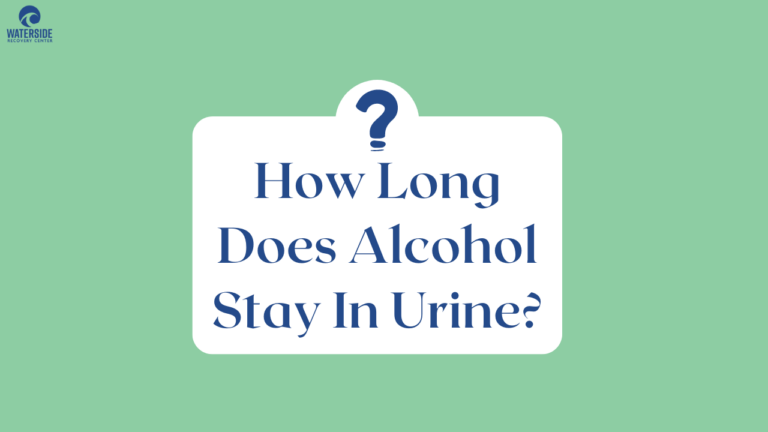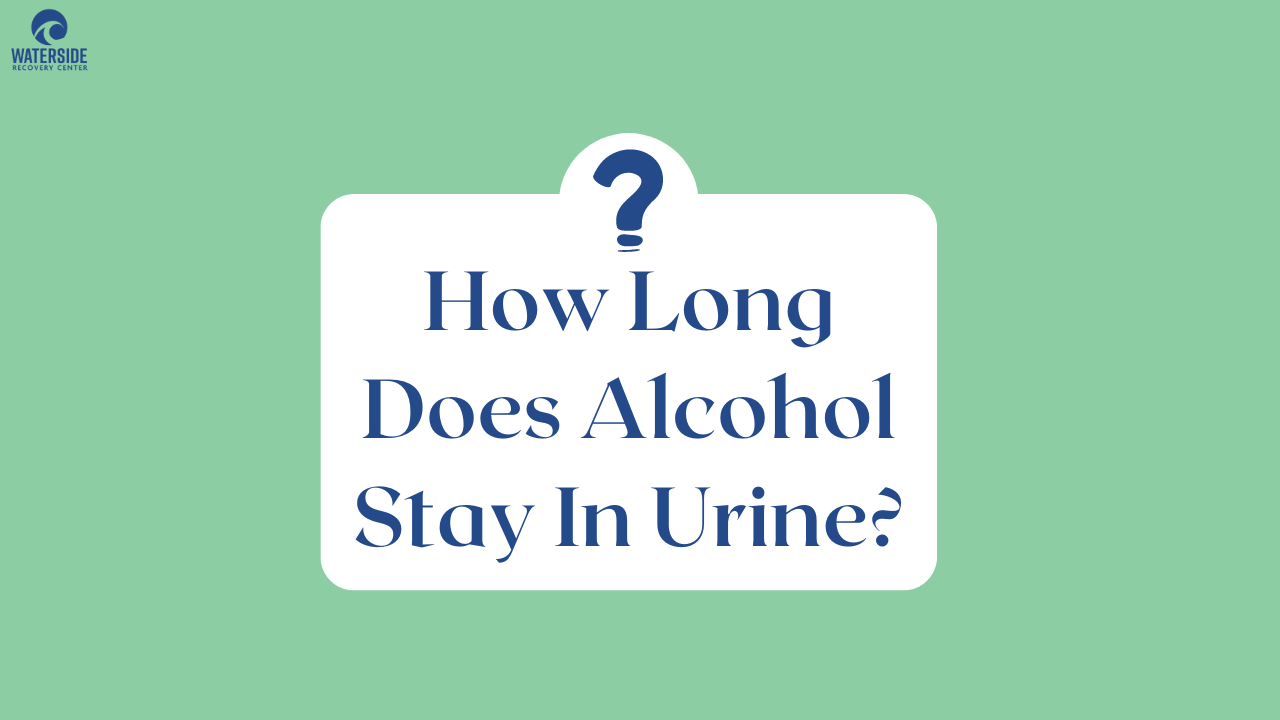
How Long Does Alcohol Stay In Urine? A Comprehensive Guide
Alcohol consumption is a common social activity that many people engage in. However, it is important to understand the effects that alcohol can have on the body, including how long it stays in the urine. Knowing this information is particularly important for individuals who may be subject to drug testing, such as employees or athletes.
Alcohol is metabolized differently by the body than other substances, such as drugs. While the liver is responsible for breaking down most substances, alcohol is primarily metabolized by enzymes in the stomach and small intestine. After being metabolized, alcohol is absorbed into the bloodstream and eventually excreted through urine. The amount of time it takes for alcohol to be eliminated from the body can vary based on a number of factors, including the amount of alcohol consumed, the individual’s body weight and metabolism, and the type of alcohol consumed.
Understanding Alcohol Metabolism
Alcohol Absorption and Distribution
When alcohol is consumed, it is absorbed into the bloodstream through the stomach and small intestine. The absorption rate can be affected by several factors, including the type of alcohol consumed, the amount consumed, and whether the person has eaten recently.
Once in the bloodstream, alcohol is distributed throughout the body and can affect various organs, including the brain, liver, and kidneys. The concentration of alcohol in the blood, also known as blood alcohol concentration (BAC), can be measured to determine the level of impairment.
Factors Affecting Alcohol Breakdown
Alcohol is metabolized by the liver, which breaks it down into acetaldehyde and then into acetic acid. The breakdown process is influenced by several factors, including age, gender, weight, and liver function.
Other factors that can affect alcohol metabolism include the type of alcohol consumed, the amount consumed, and the rate of consumption. Additionally, certain medications and medical conditions can affect how quickly the body breaks down alcohol.
In general, the liver can metabolize about one standard drink per hour. However, this can vary depending on the individual and the factors mentioned above. It is important to note that while alcohol can be detected in urine for several days after consumption, this does not necessarily indicate impairment.
Understanding how alcohol is absorbed and metabolized by the body can help individuals make informed decisions about their drinking habits and help healthcare professionals provide appropriate care for those who may be struggling with alcohol-related issues.
Detection of Alcohol in Urine
Methods of Urine Testing
There are several methods for detecting the presence of alcohol in urine. The most commonly used method is the EtG test, which measures the concentration of ethyl glucuronide in urine. Ethyl glucuronide is a metabolite of alcohol that is produced by the liver and excreted in urine. The EtG test is highly sensitive and can detect even low levels of alcohol consumption up to 80 hours after the last drink.
Another method of urine testing is the traditional alcohol test, which measures the concentration of alcohol in urine. This test is less sensitive than the EtG test and can only detect alcohol consumption within the past 24 to 48 hours.
Time Frame for Alcohol Detection
The time frame for alcohol detection in urine depends on several factors, including the amount and frequency of alcohol consumption, the individual’s metabolism, and the type of test used. Generally, alcohol can be detected in urine for up to 80 hours after the last drink with the EtG test, and up to 48 hours with the traditional alcohol test.
It is important to note that the detection window may vary depending on the individual’s body composition, hydration levels, and other factors. Additionally, some medications and certain medical conditions may interfere with the accuracy of urine alcohol testing.
Overall, urine testing is a reliable method for detecting alcohol consumption, and can be used for a variety of purposes, including workplace drug testing, probation monitoring, and alcohol treatment programs.
Influences on Detection Times
Individual Biological Factors
The detection time of alcohol in urine varies from person to person due to individual biological factors. Some of these factors include age, gender, body mass, and metabolism. Younger individuals tend to eliminate alcohol from their system faster than older individuals. Women also tend to eliminate alcohol slower than men due to their lower body water content and slower metabolism. Body mass and metabolism can also affect the detection time of alcohol in urine. Individuals with higher body mass and slower metabolism may eliminate alcohol more slowly, leading to longer detection times.
Type and Quantity of Alcohol Consumed
The type and quantity of alcohol consumed also play a role in the detection time of alcohol in urine. Different types of alcoholic beverages have varying amounts of alcohol content. For example, beer generally has a lower alcohol content than wine or spirits. The quantity of alcohol consumed also affects the detection time. Consuming larger amounts of alcohol will increase the detection time in urine.
It is important to note that detection times can vary greatly depending on individual factors and the circumstances surrounding alcohol consumption. The information provided here serves as a general guideline and should not be relied upon as a definitive measure of detection time.
At Waterside Recovery Centers we pride ourselves on providing the top addiction treatment in Massachusetts. With a range of evidence-based, client-focused and individualized treatment offerings, we are able to provide the ideal support for those seeking recovery from substance addiction. Please feel free to reach out to our help line at anytime.
(866)671-8620





